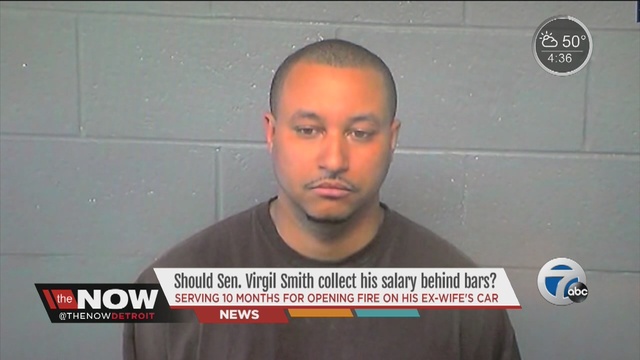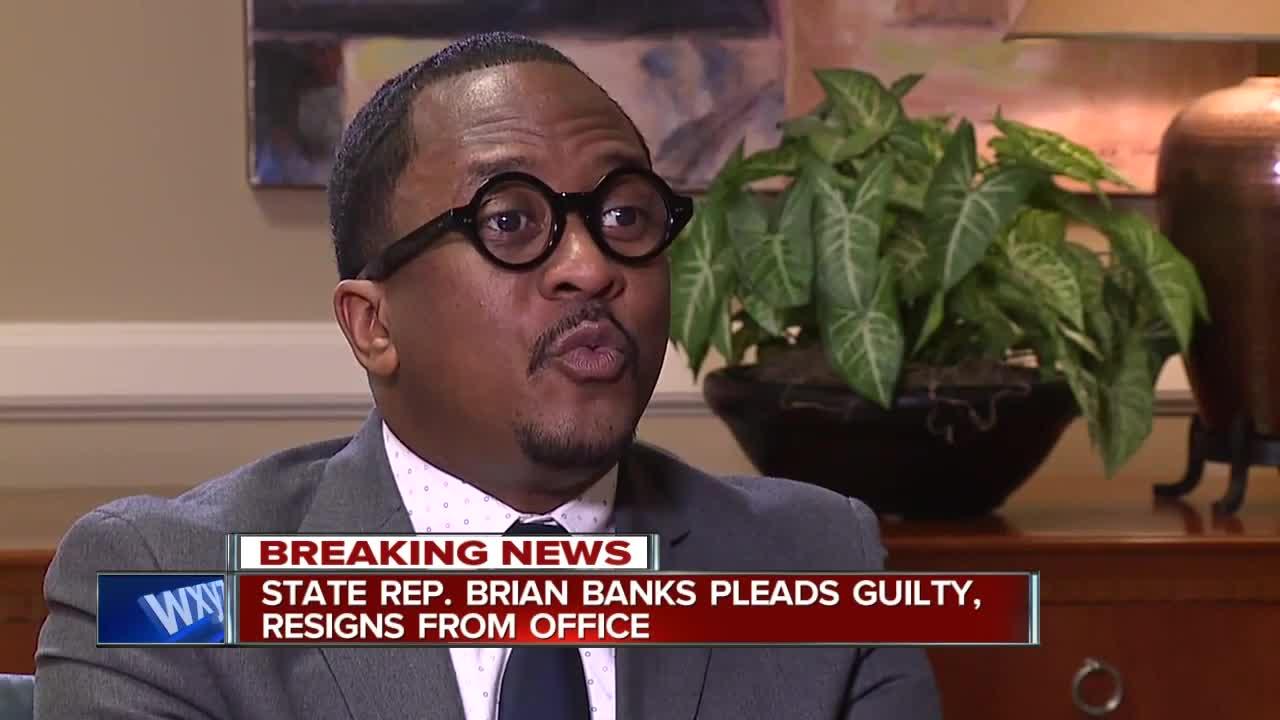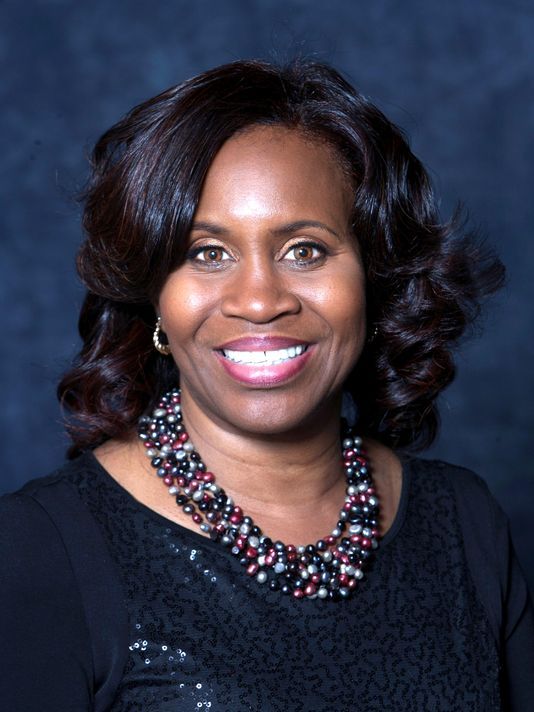Despite all the national news stories about the “Detroit comeback,” those of us who live in southeast Michigan know that the comeback remains limited to a tiny section of the city – the downtown area and Midtown – while most of Motown is still a mess.
Yet, with all the challenges that Detroit still faces, the city’s voters should be ashamed of the outcome on Tuesday in the 2017 primary election.
First, voter turnout was just a scant 13.8 percent in an election that could have a profound effect on the city’s near future. In Detroit, primary elections often dictate the outcome of November general election. Tuesday’s lopsided outcome, with well-funded and well-organized candidates dominating, indicates that most races in the fall have already been decided.
Worse yet, the Motor City’s persistent reputation for crime and corruption may have tainted the election process more than ever before.
Half of the eight mayoral candidates on the primary ballot have been convicted of felony crimes involving drugs, assault or weapons, according to a pre-election report by The Detroit News.
Three were charged with gun crimes and two for assault with intent to commit murder. Some of the offenses date back decades, but the most recent was in 2008.
Even worse still, this kind of outrageousness among Motown politicians has become almost acceptable in the post-Kwame era.
Here’s what the News found:
Political consultant Greg Bowens said there are candidates with past hardships in every election cycle. It’s not something unique to Detroit or the political arena in general, he said.
“Black marks on your record show you have lived a little and have overcome some challenges,” said Bowens, a former press secretary to Detroit Mayor Dennis Archer and NAACP activist.
Mayor Michael Duggan posted the biggest vote total by far in the primary and the second-place finisher who advanced to the November general election, Coleman Young, Jr., son of the controversial former mayor, seems to have almost no chance of winning in the fall.

Former state senator Virgil Smith, Jr., who is fresh off of a jail sentence for shooting up his ex-wife’s Mercedes with an assault-style rifle on a public street, was one of the two top vote-getters in Council District 2, which means he is a nominee heading into November.
At the same time, the incumbent councilman with a checkered past who was ousted in the District 2 primary, George Cushingberry, Jr., had survived for decades in Detroit politics. As curmudgeonly commentator Jack Lessenberry of Michigan Radio has explained, Cushingberry, a former state representative and Wayne County commissioner, has had his law license suspended twice for professional misconduct, and he’s faced a bunch of other problems.
As for Smith, he has ridden the coattails of his father, Virgil Smith Sr., a judge and a well-known political name in Detroit. Smith junior won the House and Senate seats previously held by his dad.
His run-ins with the law began in college, according to Lessenberry, mostly for shoplifting, and led to drunken-driving convictions while serving in the Legislature.
But what happened in 2015 was different. Junior was charged with several felonies based on allegations that he assaulted his ex-wife, prior to his gangster-like attack on her car.
The generous plea deal Smith arranged earlier this year called for most of the charges to be dropped in exchange for his resignation from the Senate, 10 months in the Wayne County Jail, followed by five years on probation and court-ordered alcohol and drug treatment.
Does that sound like someone worthy of a seat on a city council trying to dig itself out of a hole?

Rather than shunning the disgraced incumbentfor his criminal activity, Yancey thanked Banks for his endorsement and his campaign door knocking on her behalf. On Election Night, she said that his constituents still “highly respect him.”
Beyond past criminal activities, incompetence in office also does not seem to faze the few Detroit voters who participate in the primary election process.
Detroit City Clerk Janice Winfrey, the city’s chief elections official, has faced constant criticism due to malfunctioning voting machines, polling locations that opened late on Election Day, poorly trained poll workers, long lines at voting sites, and numerous voting irregularities.
This inability to conduct a clean election became national news last December when a recount of the Michigan presidential election was halted by the courts in large part due to humiliating revelations that the 2016 Detroit vote-counting process was a mess. Discrepancies meant officials couldn’t recount votes in 392 Detroit precincts, or nearly 60 percent, and two-thirds of those precincts had more votes cast than the number of registered voters.
Yet, the overwhelming sentiment among Detroit voters seems to be that the past is the past – no matter how recent.

Winfrey
With six challengers to choose from in the city primary, the Detroit electorate awarded Winfrey 51 percent of the vote, making her the overwhelming favorite in the upcoming general election over the other nominee, Garlin Gilchrist, who could not crack the 20 percent mark on Tuesday.
None of this makes sense for a city that supposedly is enjoying a renaissance.
And there is no do-over. Most of the top candidates on Tuesday scored wide margins of support, meaning they will enjoy big fundraising advantages over the next three months and likely will win election in November.
Unless, that is, a broad array of Detroit voters show up at the polls in November and actually push the turnout figure past a meager 50 percent.
But I wouldn’t count on it.








